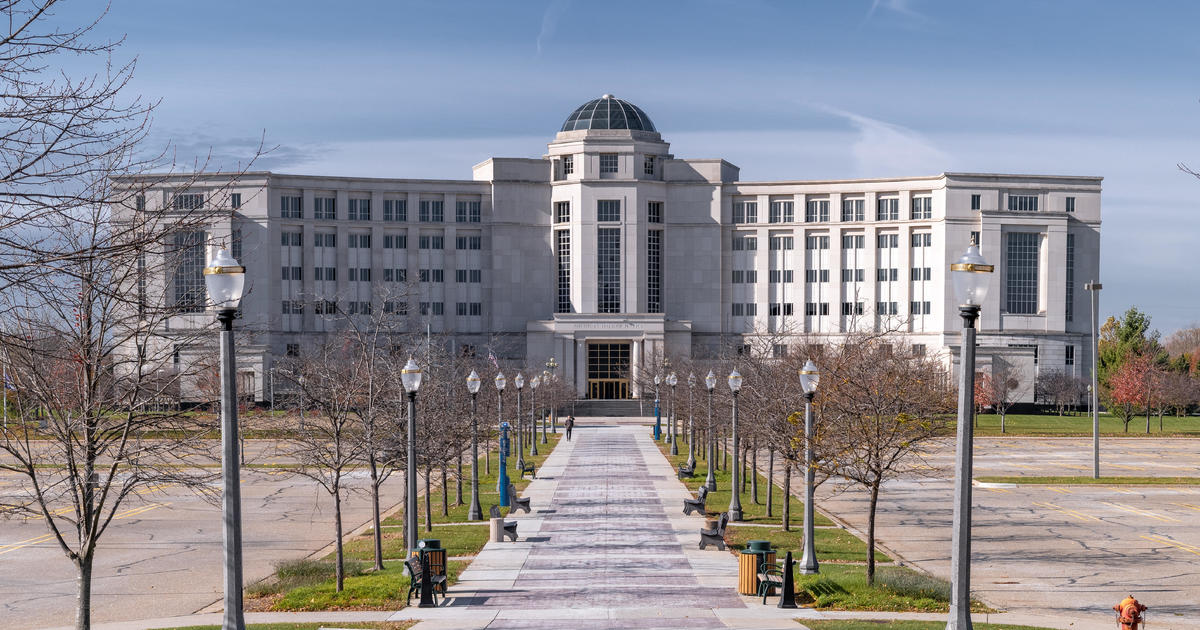Michigan Proposal Would Ban Criminal Public Officials

A November ballot proposal will give Michigan voters the chance to decide if disgraced public officials such as former Detroit Mayor Kwame Kilpatrick should be banned from holding office. Proposal 2 would ban anyone from being elected or appointed to any state or local elective office if they've been convicted of certain felonies in the previous 20 years.
They also would be banned from holding a public job that deals with policymaking or control of public assets.
The constitutional amendment would apply to anyone convicted of felonies involving dishonesty, deceit, fraud or a breach of public trust connected to the person's government job.
Similar rules already are written into the state constitution for members of the Michigan Legislature. Lawmakers decided that voters should get the chance to decide whether a similar constitutional ban should apply to public officials across the state.
"I thought it was fair to extend it to all public offices," said state Sen. Tupac Hunter, the Detroit Democrat who sponsored the constitutional amendment the Legislature placed on the ballot. "These scandals hurt the taxpayers, the voters. And by voting for this proposal, it's sending a message that if you are in elective office or if you're looking to get elected to office, the people of Michigan want a higher standard for us to meet."
The proposal comes about two years after then-Detroit Mayor Kilpatrick resigned as part of pleas in two criminal cases after he lied on the witness stand in a whistle-blowers' trial about an affair with his top aide. He's serving up to a five-year prison term for a probation violation and is under indictment on tax and fraud charges in federal court.
In another case, former Detroit City Councilwoman Monica Conyers reported to prison this summer to serve a 37-month sentence on corruption charges. Conyers admitted taking bribes to support a sludge contract while serving on the council in 2007, but prosecutors at sentencing said the corruption extended to others who had business with the city or its pension fund.
Hunter says the proposal isn't about one person or city, but about sending an anti-corruption message to officeholders and policymakers statewide.
The proposal didn't have much opposition in the Legislature. It passed the Senate unanimously and cleared the House by a 91-13 vote.
Critics say the proposal is unnecessary or overreaching and would strip away power from voters. Opponents argue that politicians convicted of felonies can turn their lives around and that voters should be able to decide on a case-by-case basis whether they want someone with a criminal past to represent them.
Democratic Rep. Shanelle Jackson of Detroit, who voted against the proposal in the House this year, has said voters are "astute" and "can make decisions about the people they want serving."
(Copyright 2010 by The Associated Press. All Rights Reserved.)



